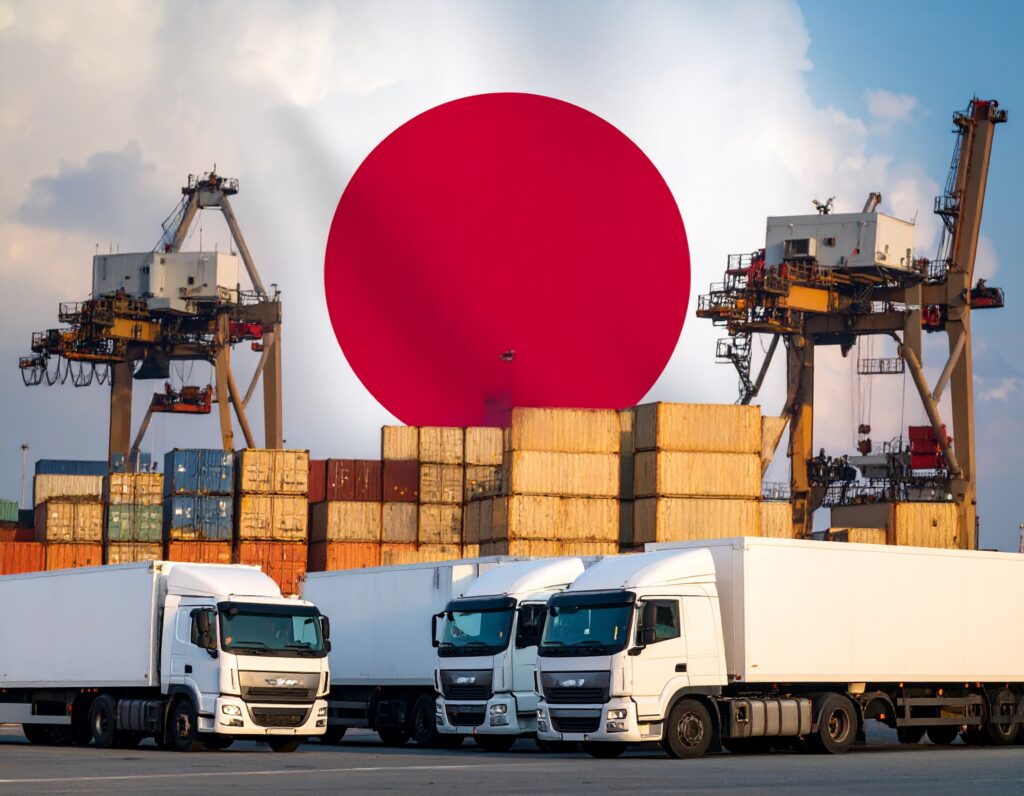Japan And Automobile News
Stay updated with the latest automotive trends, new car models, and technology from Japan!

🚨 How Donald Trump’s Tariff War Is Shaking Up Japan’s Car Industry – And What It Means for You
By Hiroshima Cars News Team
If you’re working in a car factory in Japan or love driving Japanese cars, here’s something you should keep an eye on: Donald Trump is back in the headlines—and this time, his tough stance on trade could hit Japan’s auto industry harder than ever.
So what’s going on, and why should you care? Let’s break it down.
🇺🇸 Why Did Trump Go After Japanese Cars?
Back when Donald Trump was president (2016–2020), he believed that the U.S. was losing in global trade—especially with countries like China, Germany, and yes, Japan. He claimed Japan was sending too many cars to the U.S., while American car companies struggled to sell their vehicles in Japan.
Trump’s solution? Tariffs—which are like a tax on imported goods. He warned that he’d put 25% tariffs on foreign-made cars, including those from Japan, to protect American jobs and pressure other countries to “play fair.”
Even though he’s no longer president, Trump is now running again for 2024—and he’s bringing the tariff idea back. This is making many people in the car industry nervous.
🚗 How Does This Affect Japanese Car Factories?
Japan is one of the biggest car exporters in the world. Brands like Toyota, Honda, Nissan, and Mazda ship millions of vehicles abroad every year—especially to the U.S. market.
But if Trump’s tariff plan happens:
Fewer Japanese cars may be sold in America.
That means less production inside Japan.
And that could lead to factory slowdowns or job cuts, especially in places like Hiroshima, Aichi, and Kyushu.
Already, some factories are reducing overtime shifts and slowing down production—bad news if you’re working on an hourly or shift-based contract.
🏭 What Foreign Workers in Japan Should Know
Many foreign workers in Japan—especially from countries like Sri Lanka, Vietnam, Nepal, and Brazil—work in car manufacturing. So if production goes down:
Your work hours might be reduced.
You might earn less overtime.
Some contracts might not get renewed.
This isn’t just about America and Japan—it’s about your wallet, your job, and your future in Japan.
🔮 What Could Happen Next?
Here’s the big question: Will Trump really win the U.S. election again? And if he does, will he actually go through with the tariffs?
Economists are split. Some say it’s just political talk to gain votes. Others believe Trump is serious—and Japan should be ready.
But Japan is not standing still. Many carmakers are already:
Building more factories in the U.S. to avoid future tariffs.
Focusing on electric vehicles (EVs) to stay competitive.
Selling more used cars overseas—including in places like Sri Lanka, Africa, and Southeast Asia.
So while the U.S. market may slow down, other markets could grow—and used car exports from Japan may even increase.
📈 Used Car Market Might Boom
Here’s the twist: If new cars become more expensive due to tariffs, more people will turn to used cars. That’s actually good news for used car dealers and people in Japan who want to sell their vehicles abroad.
So if you’re planning to start a used car export business—or already in it—this might be your moment to grow.
🤔 What Can You Do Now?
Stay informed. Keep an eye on U.S. election news and Japanese car industry updates.
Save money. If you’re working in a factory, prepare for fewer hours just in case.
Look for side income. Used car reselling, freelance work, or part-time jobs may help if factory work slows down.
Learn new skills. Electric vehicle repair, Japanese language, or logistics could open new job chances in the future.
Final Thoughts
Donald Trump’s tariff talk may sound far away—but for foreigners working in Japan, it’s a topic that hits close to home. The car industry is a giant machine, and when one part changes, the whole system feels it.
Will Japan’s factories survive another tariff war? Will used cars become the future goldmine? Only time will tell—but now you know what’s going on, and you’re ready for it.
